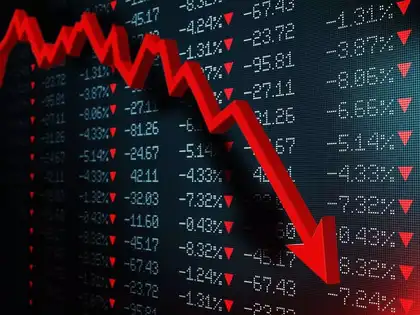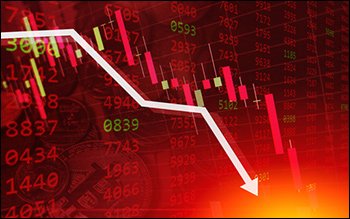Q1 FY26 sees promoter stake drop to 40.58% amid ₹54,732 crore offloading
Economy India: In a notable shift in India’s corporate ownership landscape, promoter holdings in private sector listed companies have declined to an eight-year low of 40.58% during the April–June quarter of FY26, according to data from Prime Database Group. This marks a sharp contraction from historical levels and raises questions about the evolving structure of corporate control in India’s capital markets.

📉 Key Highlights from the Report
- Promoter holding (Q1 FY26): 40.58%
- Value of promoter shares sold: ₹54,732 crore
- Trend duration: Declining steadily since FY18
- Data source: Prime Database Group
🔍 Why Are Promoters Reducing Stakes?
The fall in promoter holding is not necessarily a sign of distress or disinterest, analysts say. Rather, it reflects a range of structural and market-driven factors:
1. Valuation-led Monetisation
Many promoters are capitalising on record-high market valuations to unlock wealth. India’s benchmark indices — Sensex and Nifty — touched all-time highs multiple times in the first half of 2025, providing promoters with lucrative exit points.
2. Rising Institutional Participation
Domestic and foreign institutional investors (DIIs and FIIs) have shown increased appetite for Indian equities. This shift in ownership indicates a gradual institutionalisation of the Indian equity market, replacing concentrated promoter control.
3. Regulatory Push for Transparency
SEBI’s norms around minimum public shareholding and corporate governance have incentivised promoters to diversify ownership. Companies are increasingly opting for Qualified Institutional Placements (QIPs) and Offer for Sale (OFS) routes to meet compliance requirements.
💬 Expert Opinion
According to Pranav Haldea, Managing Director at Prime Database,
“The steady reduction in promoter shareholding is a healthy sign for capital market development. It fosters transparency, improves liquidity, and enables wider retail and institutional participation.”
🔄 Historical Perspective
| Quarter | Promoter Holding (%) |
|---|---|
| Q1 FY17 | 47.3% |
| Q1 FY21 | 43.9% |
| Q1 FY24 | 41.6% |
| Q1 FY26 | 40.58% |
The declining trajectory reflects not just a sell-down by promoters, but also increased listing activity and capital raising via public routes.
🏦 Implications for the Market
- Corporate Governance: Lower promoter control often translates to stronger board oversight and independent decision-making.
- Market Liquidity: A broader public float enhances trading volumes and attracts index fund investment.
- Investor Confidence: Institutional investors generally view companies with diversified ownership more favourably.
However, experts also caution that excessive dilution without corresponding improvements in transparency may dilute long-term value for shareholders.
🧭 Looking Ahead
If Indian equities continue their upward momentum, and if reforms in corporate governance deepen further, promoter holdings may fall even below the 40% mark in the next few quarters. However, the nature of exits — strategic, opportunistic, or compliance-driven — will determine the sustainability of this trend.
(Economy India













